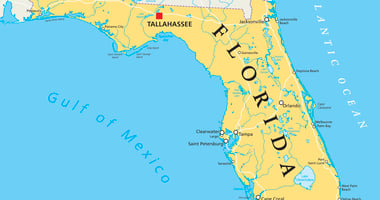The 11th U.S. Circuit Court of Appeals yesterday upheld a lower federal court ruling against...
Court Ruling May Increase Role of Mental Health Professionals in Evaluating Gun Rights
 |
In a column published yesterday in Psychiatric Services in Advance, Paul Applebaum, M.D. (pictured above), the Elizabeth K. Dollard Professor of Psychiatry, Medicine, and Law at Columbia University, pointed out that this decision could impact mental health professionals and organizations that predominantly favor gun restrictions and a desire to reduce discrimination among people with mental illness. “There is likely … to be a certain amount of ambivalence about endorsing an approach that will restore gun access to at least some people with histories of involuntary hospitalization, even if doing so enhances the extent to which they are treated as ordinary members of society—otherwise an important goal,” he wrote.
“A parallel dilemma likely to arise in the wake of Tyler will be the demand for psychiatrists and psychologists to become involved in determining when it is safe to restore firearm access,” he continued. Understandably, there are concerns by clinicians of the liability, adverse publicity, and sanctions they could face should their decisions turn out to be wrong.
“The decision in Tyler suggests that we may be moving toward more individualized determinations of risk for larger groups of people, for whom the predictors of violence are even less well specified. If that’s true, the odds are that mental health professionals will once again be asked to undertake that role,” he concluded.
For related information, see the Psychiatric News column “Psychiatrists Have a Role to Play in Latest Gun Law Debates” by APA President Maria A. Oquendo, M.D., Ph.D., and “APA Weighs In on Cases Where Law Intersects With Psychiatry.”





